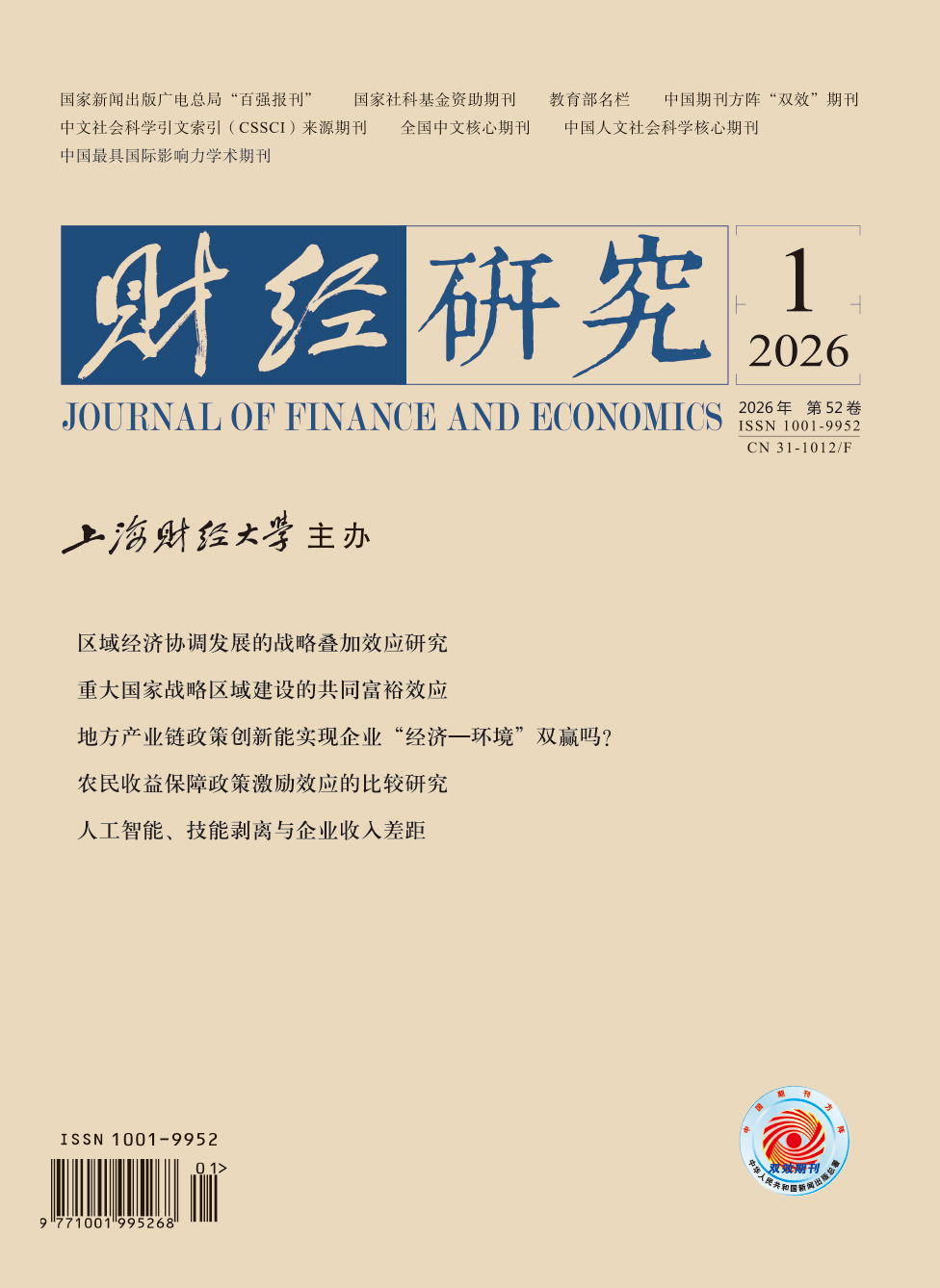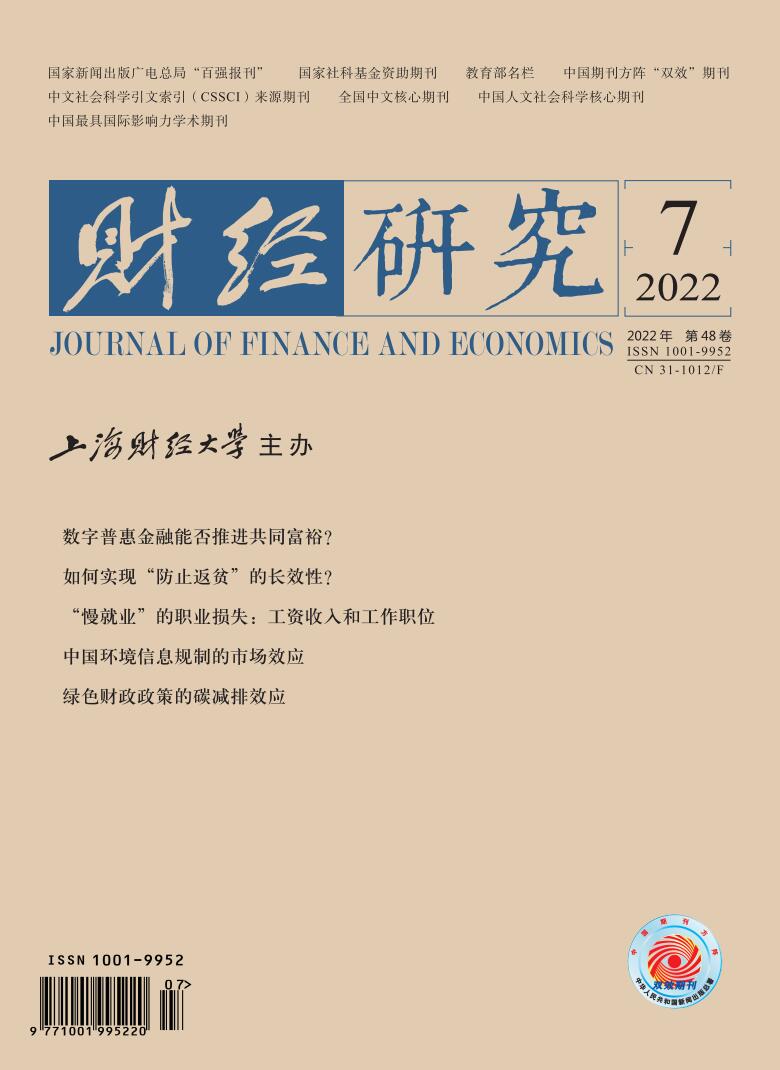General Secretary of the CPC Central Committee Xi Jinping first brought up the idea of “targeted poverty alleviation” in 2013, and the CPC Central Committee thereafter launched China’s poverty alleviation strategy. China secured a victory in the battle against extreme poverty in 2020. In 2021, the Chinese Central Government set up a five-year transition period in which counties removed from the poverty list are called to take actions to consolidate the achievement and avoid return-to-poverty. To secure a lasting success of the strategy, a long-term mechanism that operates both internally and externally needs to be implemented. Externally, government agencies and enterprises should maintain their current support policies and programs. Internally, counties alleviated from poverty should engage more in development-driven projects and diversify income-generating sources, thus residents in these counties can secure steady income. External support is instrumental during the transition period. Only with stable government and corporate assistance, can rural residents who are currently lifted out of poverty be incentivized to “learn how to fish” instead of “waiting to be fed with fish”, and be pulled out of poverty permanently. This empirical study examines external factors of the long-term mechanism of “preventing return-to-poverty” by analyzing the synergistic roles of government and enterprise.
Taking China’s listed companies engaged in poverty alleviation projects from 2016 to 2019 as the analysis sample, this study constructs a policy impact pathway and an enterprise impact pathway. Under the policy impact pathway, enterprises respond actively to poverty alleviation policies and contribute to the implementation of the poverty alleviation strategy. Under the enterprise impact pathway, poverty alleviation measures also contribute to enterprises’ value boosting and motivate them to engage more in such practices. The combination of the two pathways forms the long-term mechanism of “preventing return-to-poverty”. Therefore, China needs to exert the instrumental role of poverty alleviation policies, and adjust such policies in accordance with the changing poverty alleviation environment. Meanwhile, governments’ recognition activities should be encouraged, corporate morale needs to be boosted, and further cooperation between government and enterprise is desired. In addition, industrial development-driven and employment-generating assistance proves to be more effective, hence more government policies and measures in these regards are called for.





 6638
6638  6049
6049

